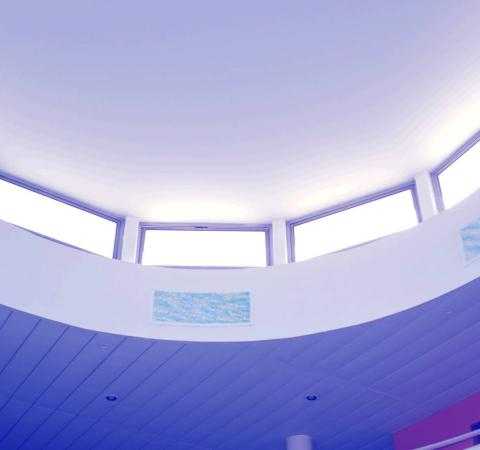

Ethics and Scientific Integrity
As defined by the CNRS Ethics Committee (COMETS) in 2006: "The passion to know, to discover and to contribute to the common good, which conditions the proper exercise of the profession of researcher, cannot overshadow the ethical issues raised by the acquisition and use of knowledge. On this point, the youngest, who are particularly sensitive to public debates and the questions that society addresses to researchers, are often deprived ... ».
The LaBRI is particularly attached to this ethical value. Our laboratory is associated with several charters defining the concept of ethical research:
- The Charter of Scientific Integrity :
- French charter of deontology for research professions
- The doctoral charter
This topic is discussed during the scientific councils. The University of Bordeaux has set up MOOCs on this subject by the University of Bordeaux. Indeed, in partnership with the CPU, COMETS-CNRS, INSERM and INRA, the university has developed a series of MOOCs entitled "Scientific integrity in research professions". The use of these MOOCs is compulsory for students in doctoral training (counted as 15 hours). Following the students' feedback, it has been improved and now distributed on the France Université Numérique (FUN) platform. In addition, doctoral students must also follow a training course on ethics provided by the University of Lyon, which is also compulsory as part of doctoral training.
The college of doctoral schools of the University of Bordeaux has set up a training course dedicated to the "supervision of doctoral students", the follow-up of this training is made compulsory for the passage of the HDR and very strongly recommended for the ADT application.
The University of Bordeaux, concerned about these questions of ethics and integrity, has issued a code of ethics in terms of research and development activities and has set up a scientific integrity referent.


